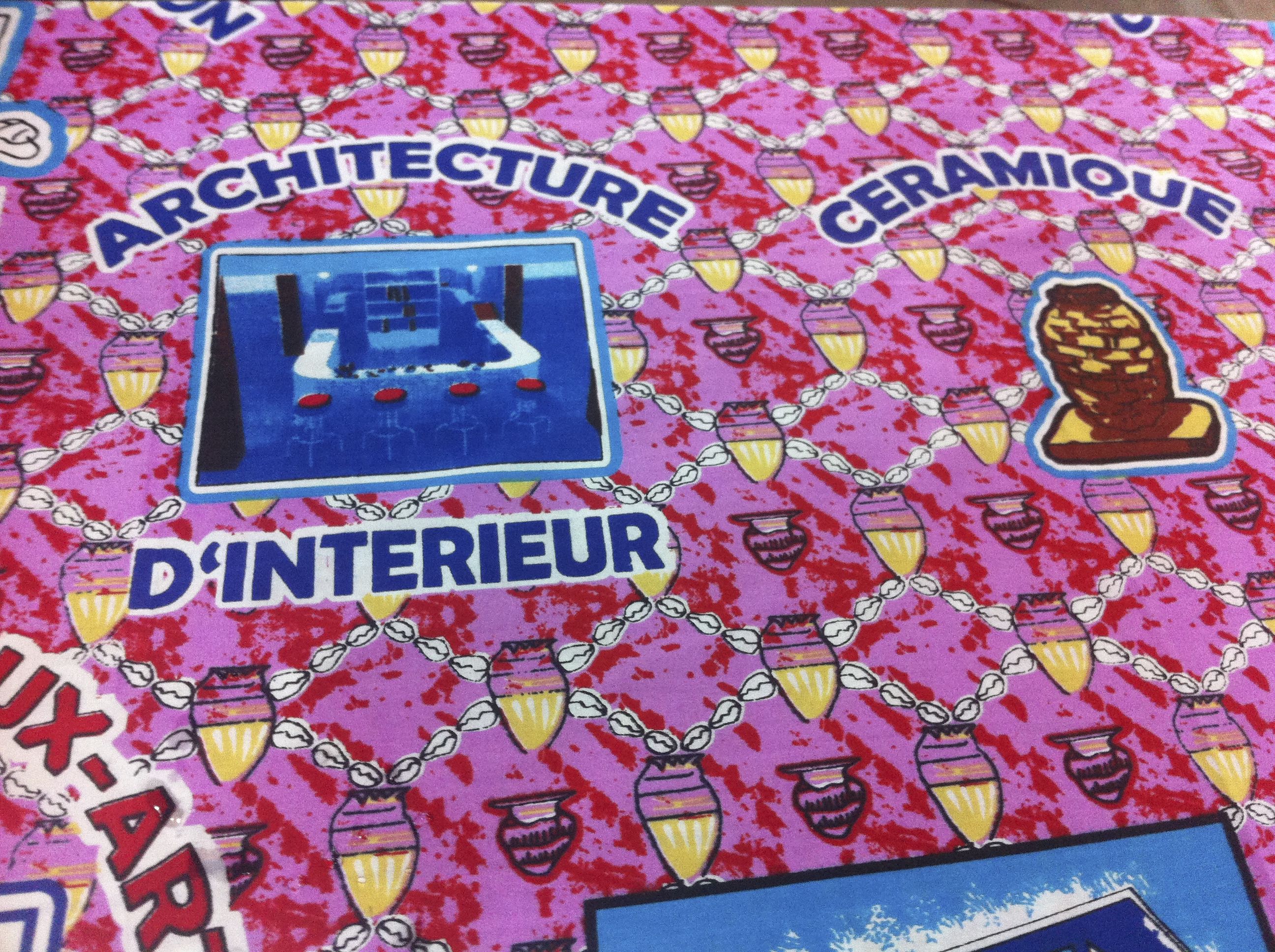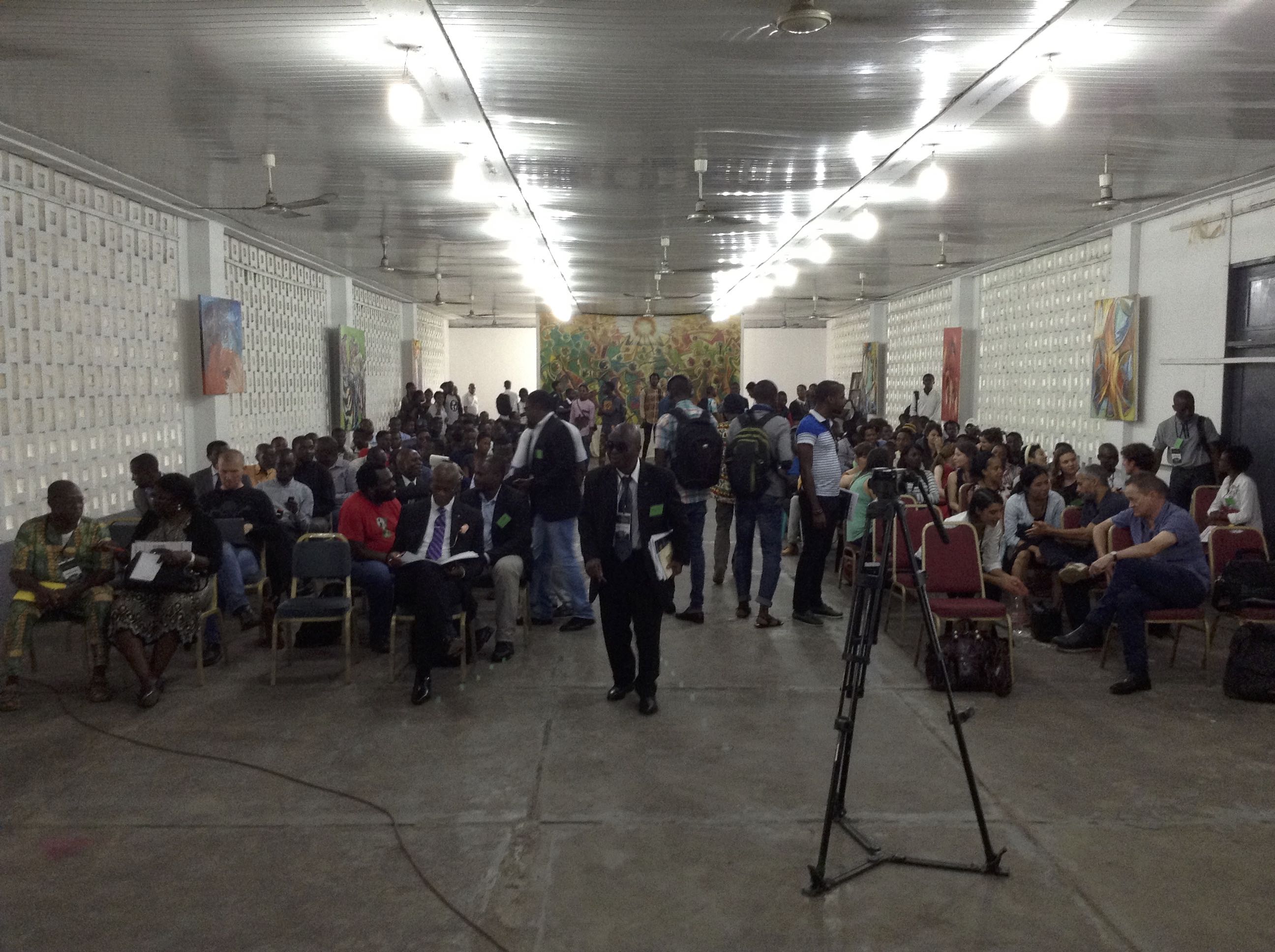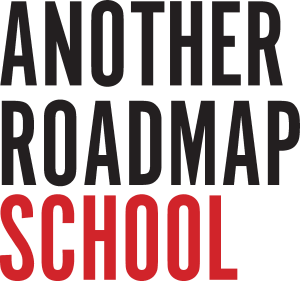In January 2016, David Andrew (Johannesburg Working Group), Emma Wolukau-Wanambwa (Kampala Working Group) and Patrick Mudekereza and Sari Middernacht (Lubumbashi Working Group) participated in the symposium
Mediating Past, Present and Future: Dialogues with Global South Experiences
at the Academy of Fine Art in Kinshasa, DRC, which brought together researchers, artists, art students, art teachers, policy makers, cultural producers, museum experts and exhibition makers to think about new paths in arts education.

An academically driven transdisciplinary gathering collectively organized by Wits School of the Arts in Johannesburg (ZA) and the Academy of Fine Art in Kinshasa, the symposium was organized as a workshop. The presentations alternated with focus group sessions, and the whole program was interspersed with visits to artist’s studios, cultural places in town and an evening of video art. This formula for discussion turned this academic event into an encounter, or to put it in the words of André Lye Yoka,
des
retrouvailles
: “an event of reunions”.

The focus group discussions handled themes ranging from “education/pedagogy from the south,” to “the decolonization of the art institution,” and from “artworks as history,” to “framing time and history,” “comparative methodologies,” and “imaging violence.” However, some topics recurred strikingly often, such as the role of avant-gardism or the frequent differences in local and international appreciation of art projects
about
versus
from
the Congo. Congolese initiatives, avant-garde movements and art historians seem to have difficulty achieving international recognition. On the other hand, initiatives promoted from outside triumph every time. In some cases the key probably lies in the frustrating feeling that such initiatives, for different reasons, are generating international appreciation because of “primitivist exoticism” and what is seen as “unbridled eccentricity.”
Read Sari Middernacht’s report on the symposium
here
.
